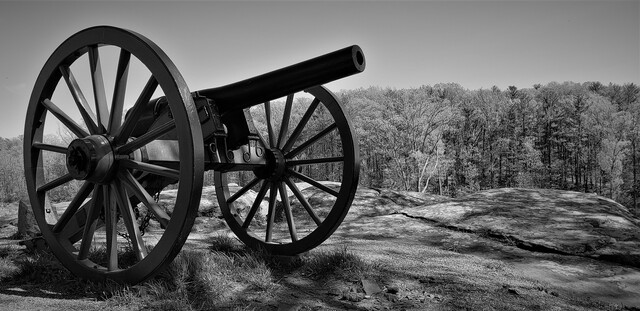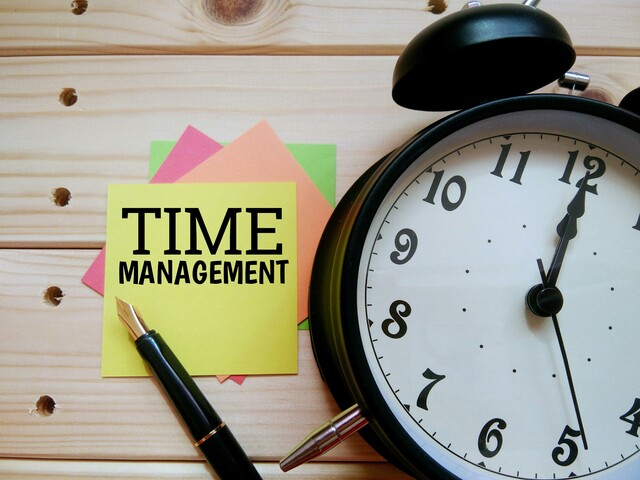Improving Library Skills: The Dictionary
You can find dictionaries that are in book form, or you can use online dictionaries.
Some dictionaries to use include:
- New American Webster Handy College Dictionary, 4th Edition
- The American Heritage College Dictionary, Fourth Edition
- Merriam-Webster's Collegiate Dictionary, 11th Edition
- Webster's New College Dictionary, Third Edition
- Webster's New World Student's Dictionary
Many dictionaries are also available via CD-ROM, allowing you to install them directly onto your computer and never be without these valuable resources.
What a Dictionary Can Tell You
A dictionary contains a wide array of information about words and the English language.
However, you might also want to look to foreign language dictionaries when you have research projects for those classes or you need to ascertain the meanings of foreign words.
A basic dictionary will provide this information:
- meanings: what the accepted definition of a word is;
- pronunciations: how the word is supposed to be said aloud;
- derivations: the etymology of a word, where it was created;
- usage: noun, verb, adjective, conjunction, etc.;
- antonyms: words with the opposite meaning;
- synonyms: words with the same or similar meaning.
How to Use a Dictionary in Your Research
When you are compiling your research, you will find a dictionary can be helpful in a variety of ways. Here are some suggestions:
- Find the meaning of an unknown word. If you are not sure what a word means, turning to a dictionary can be a valuable resource. You can look up the meaning of the word and then decide how that word can be used in a sentence.
- Look up the ways that a word can be used. When you want to know how to use a word in a sentence, the dictionary is a valuable tool. By learning whether the word is a verb or a noun, you can decide where to place it in a sentence. In addition, you can begin to see what other words can be used if you need to use the word or meaning in a different part of a sentence.
- Determine the history of a word. Sometimes it can be helpful to show the history of a word in order to show a reader more about a topic you are writing about or to explain in greater depth what you are speaking of.
- Clarify a topic. If you are trying to decide how to speak about a particular topic, you can use a dictionary to show you several meanings, which can help narrow or enhance your research.
To use a dictionary, you can look up a word or a similar word, find out its meaning, and then decide what this meaning adds to the questions you have to answer or the subject you need to address.
Here are some ways that you can use a dictionary to ensure your research is accurate:
- Unfamiliar words: If you need to communicate an idea and a word is unfamiliar to you, look at the meaning in the dictionary. It can point you to other ways in which you can research the topic.
- Complicated topics: If you are handling a more complicated topic, you can look to the dictionary for a simpler explanation and then write about your topic from that starting point.
- Scientific writing: Because many scientific words and phrases can be difficult to understand at first, a dictionary can help to create clarity before you begin to explain your ideas.
- Breaking down difficult concepts: When there are difficult topics you need to break down, it can help to look at a dictionary to see what words can be used without straying from the main point you need to make.
- Pointing out how word meanings impact the interpretation of a book or theme: In an English paper or when talking about a book, you can use the dictionary to show the reader the meaning of the word and its history. Sometimes explaining how the meaning of a word has changed since its original use can show a reader why the book or idea needs to be looked at in another way.
With a dictionary, you can ensure each of the words you use is the proper word, plus you can keep yourself from getting stuck when reading more complicated reference materials.
Here are some tips for looking up a word in the dictionary:
- Words are arranged alphabetically. "Aardvark" comes before "tomato," for example, and it comes before "able."
- Look for the first letter, then look at the pages to see what is at the top and the bottom of the page.
- If the word you are searching for is within those letters, scan the page.
- If the word is not on that page, go to another page that contains the letters of the word.
- Online dictionaries have the ability to do this work for you.
- If you are not sure how to spell a word, sounding it out will help you narrow down the place the word resides in a dictionary.
Having a dictionary available will allow you to have the proper foundation from which to communicate your ideas with others.

























